Unsustainable land use is the root cause of climate change, leading to a cycle of environmental destruction, hunger, and poverty. Farmers living in the most challenging regions of the world are faced with higher temperatures, erratic rainfall, and extreme weather events. Earning a living and putting food on the table are becoming increasingly more difficult, and all the while, the future of our planet seems ever more bleak.
But at Trees for the Future, we say the fate of our planet is ours to decide. We say change is growing. We see farmers breaking the cycles of hunger, poverty, and environmental destruction every day.
Alice broke the cycle of unsustainable land use
Alice’s farm looks nothing like what it used to. On a steep hillside in central Kenya, traditional farming practices were destroying her land. Today, thousands of trees and dozens of species support her land and her family year round.
“Right now, my farm is very different from what it used to be before I joined Trees for the Future,”
Sitan broke the cycle of desertification
As the Sahel Desert grows, farmers in Mali are threatened by hotter temperatures and dwindling soil. Sitan learned to protect his land with a living fence and reverse the desertification he was experiencing with climate-smart techniques that restore soil.
“This project has been a revival in terms of work and economy for us.”
Winnie broke the cycle of deforestation
Winnie used to get fuelwood for her family from nearby forests. This is a common practice and a common cause of deforestation – especially in old-growth forests. When Winnie established her Forest Garden, she included agroforestry and timber trees in her plans. Now she can get the wood she needs from her own backyard.
“Getting firewood here is hard because people have cut down most of the trees but my home does not have that issue because of my agroforestry trees.”
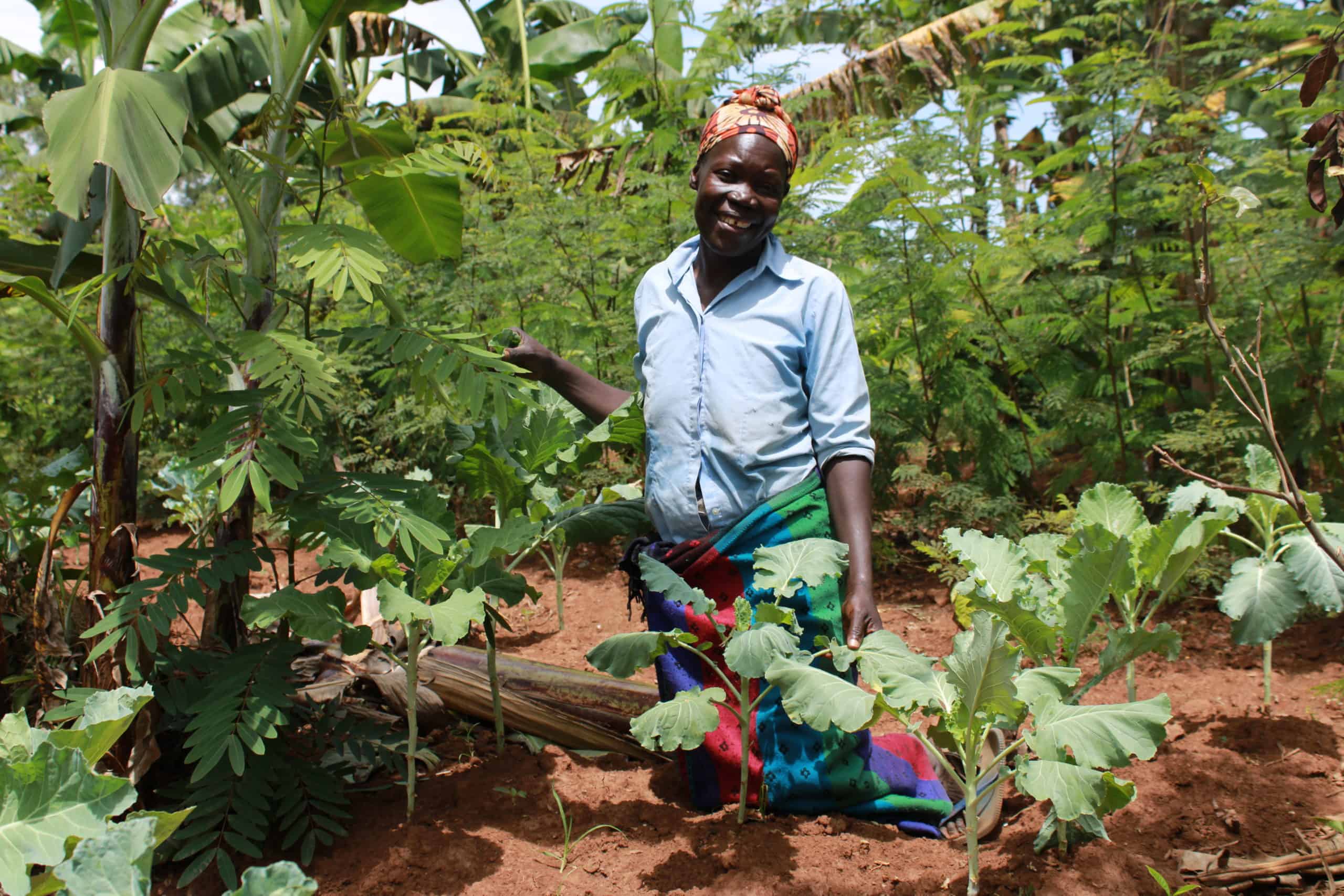
Aliou broke the cycle of conflict
When productive land disappears and resources are scarce, conflict can thrive. Serious conflict is common in some pastoralist communities where grazing cattle and goats can roam onto valuable crops that were not meant for them. Aliou’s living fence is doing double duty; it restores the soil while protecting the valuable crops within from his neighbors’ goats and cattle.
“Life is more comfortable when you offer your children a safe future, just for that TREES is doing us a great service!”
Wabwire broke the cycle of poor harvests
Despite his best efforts, Wabwire’s yields were never what he needed for his family. When he started protecting his land, diversifying what he grew, and relying on nature-based solutions, his crops began to flourish.
“I have gotten the best sweet potato yields since I started farming and I have been a farmer since 1989.”
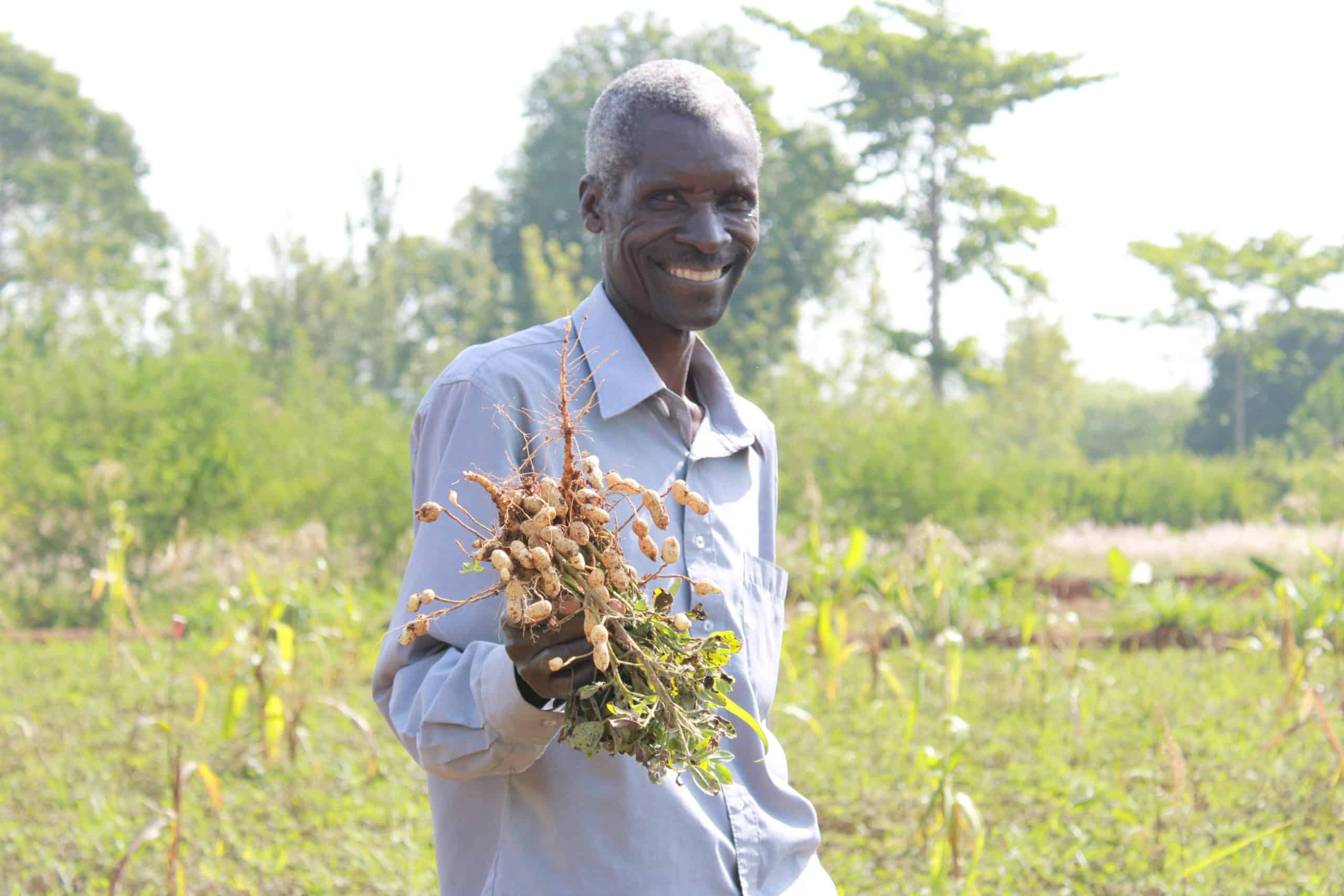
Mary broke the cycle of hunger and poor nutrition for her family
When Mary joined Trees for the Future’s training program, she learned how to diversify her crops. Rather than growing one or two crops for the whole year, she started growing dozens of species. This way, she has something growing at any given time. Her whole family is eating regular, nutritious meals.
“My family is very healthy, because they are eating different varieties of foods from the Forest Garden.”
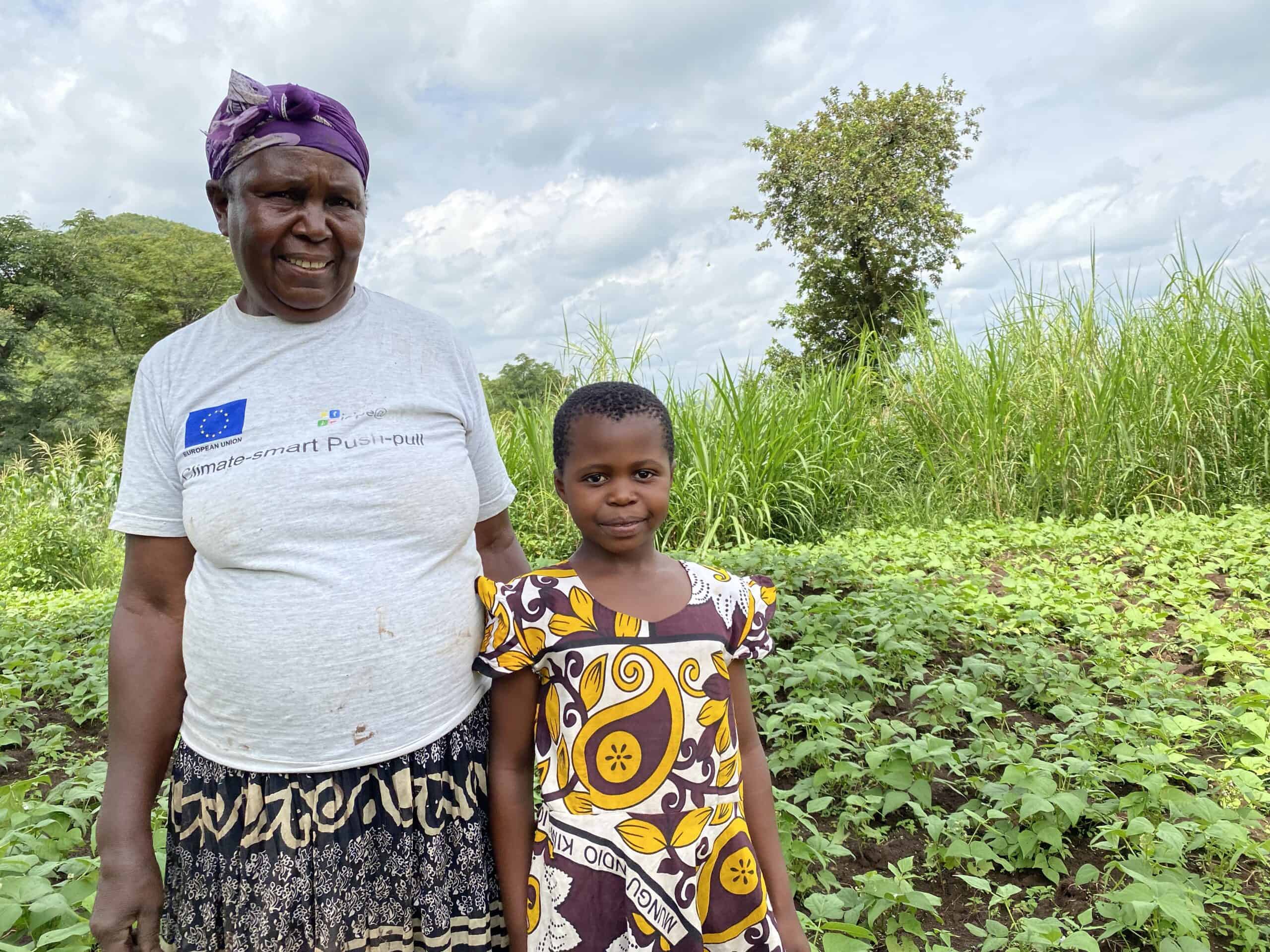
Daouda broke the cycle of generational poverty
Forest Gardens provide regular meals for the family, but they also produce enough to sell for a regular stream of income. Daouda’s Forest Garden has given him the ability to buy the things he can’t grow and even save money for his family’s future.
“TREES has changed my life.”
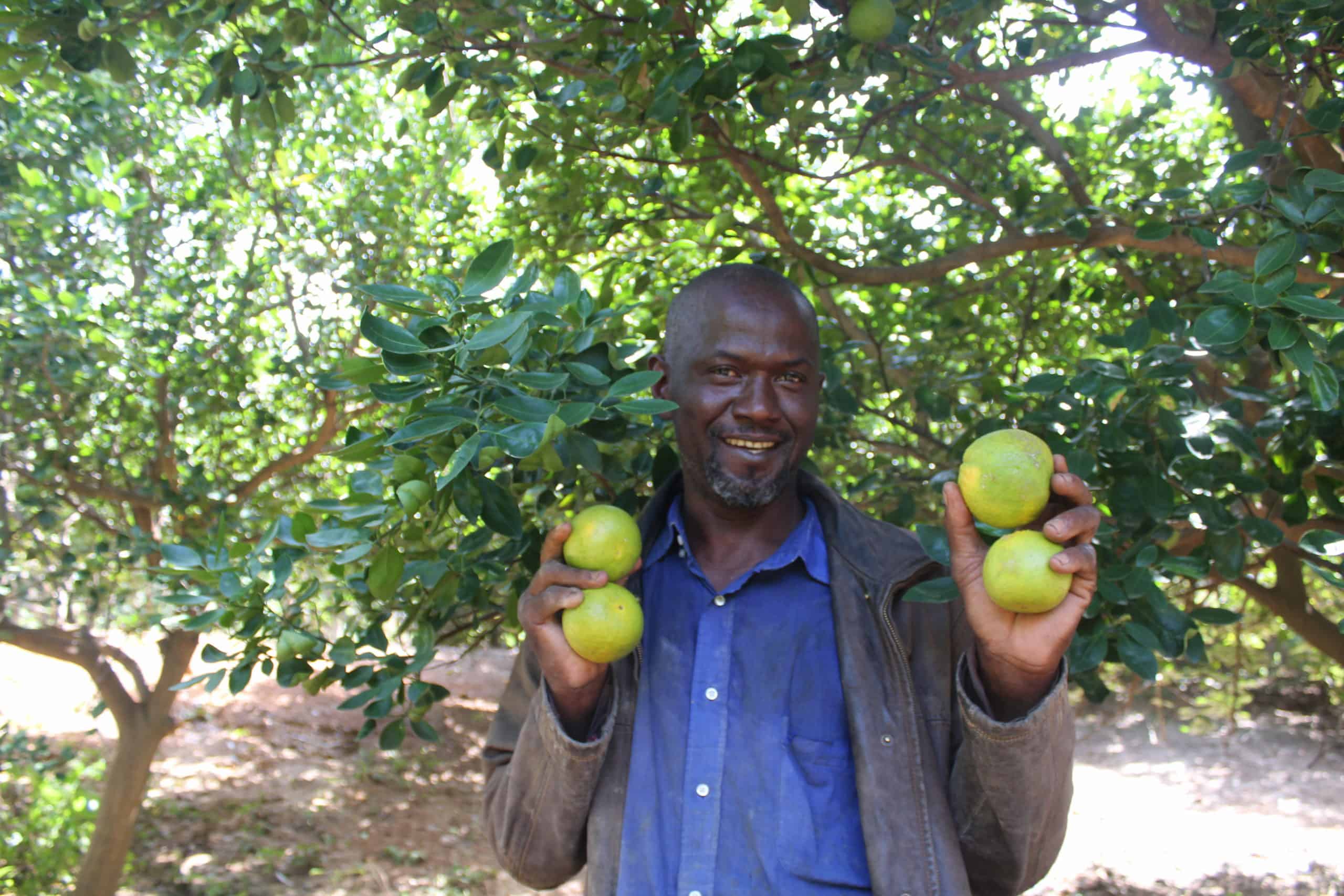
Khodia is breaking the cycle of gender inequality
Agriculture is a male-dominated industry. It’s a challenge for women to farm in countries like Senegal where it is less common for women to own their own land. But Khodia and the other women in her 50-women farmer group successfully established their own Forest Gardens on community land. They’re feeding their families and earning a steady income from their vegetable sales. Today, Khodia and her fellow farmers are paving the way for the next generation of women in agriculture.
”TREES [taught] us to be ambitious.”
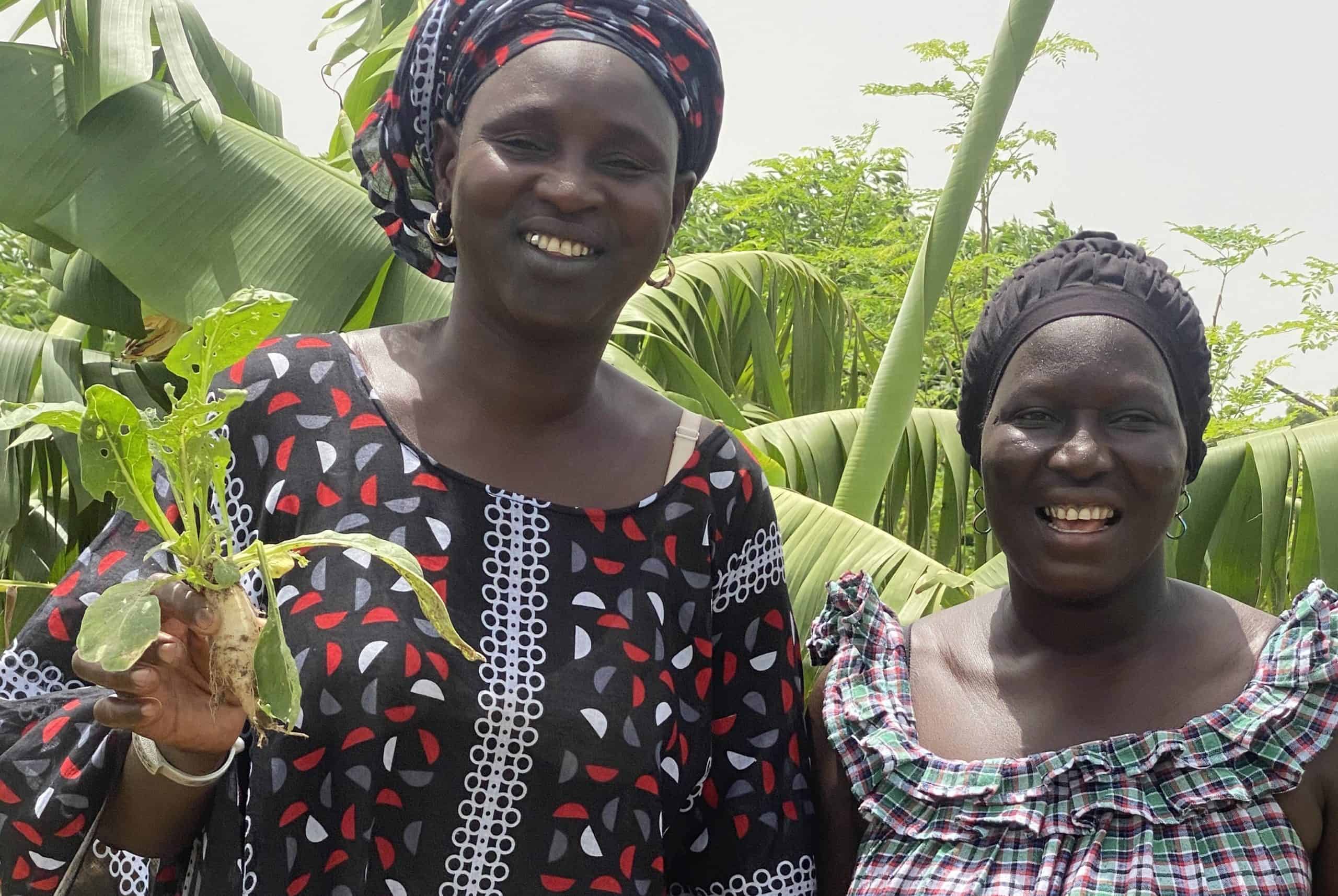
Break the cycle with Forest Garden farmers across sub-Saharan Africa and help secure a brighter future for our planet and everyone on it. Donate to Trees for the Future this Earth Day and become a cycle breaker.